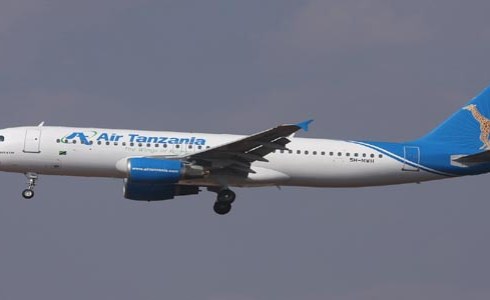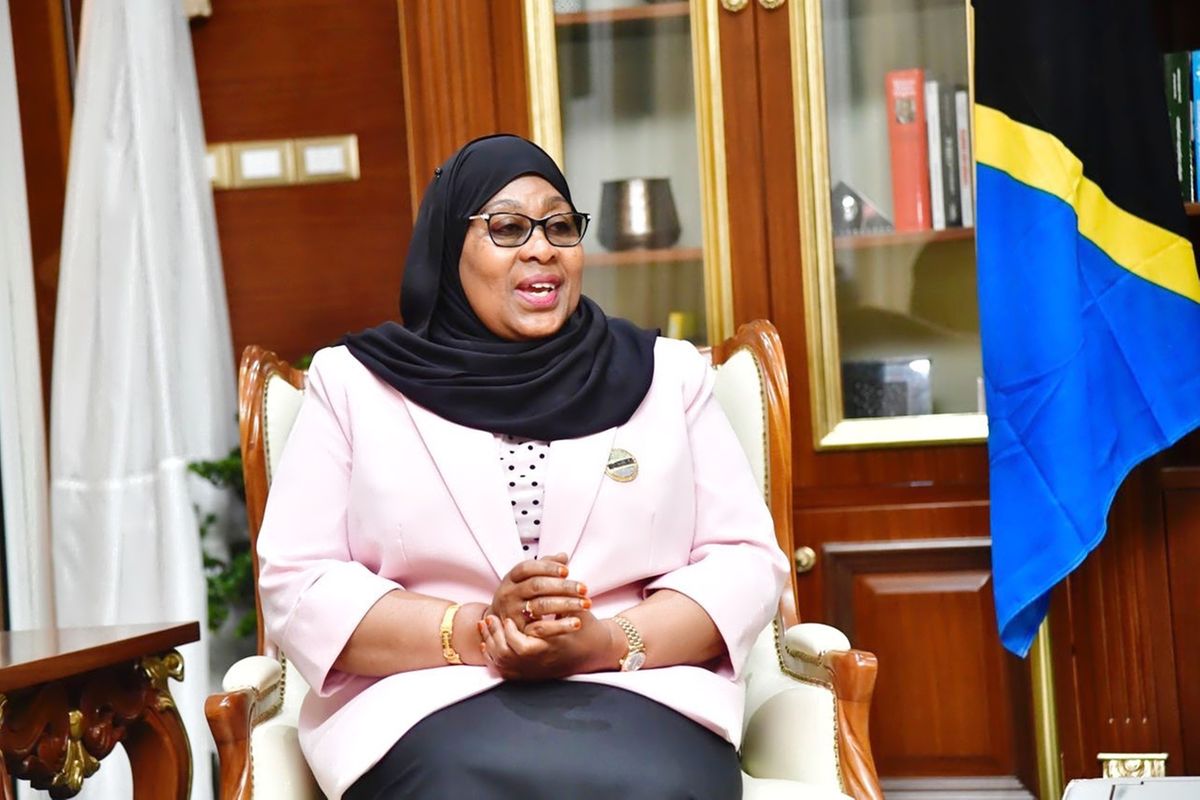Summary
- On Thursday, in a meeting in Mombasa, six EAC partner States reached a consensus that the 35 percent tax will be levied effective July 1, 2022.
- This means Burundi, Kenya, Rwanda, South Sudan, Uganda and Tanzania will slap importers with higher tariffs on the affected goods.
- The levy to be imposed on imported finished products from non-member states is expected to stimulate local production and industrialisation
Tanzania slaps importers with higher tariffs
Imports to the East African Community (EAC) will now attract a maximum tax of 35 percent after all partner states settled on the Common External Tariff (CET) on fourth band products. Goods in this band include dairy and meat products, cereals, cotton and textiles, iron and steel, edible oils and alcoholic beverages.
Others are furniture, leather products, fresh-cut flowers, fruits, nuts, sugar and confectionery, coffee, tea, spices, headgears, ceramic products and paints, among others.
On Thursday, in a meeting in Mombasa chaired by Kenya’s Trade Cabinet Secretary Betty Maina, who is also the chairperson EAC Council of Ministers, six EAC partner States reached a consensus that the 35 percent tax will be levied effective July 1, 2022.
This means Burundi, Kenya, Rwanda, South Sudan, Uganda and Tanzania will slap importers with higher tariffs on the affected goods. The levy to be imposed on imported finished products from non-member states is expected to stimulate local production and industrialisation.
“The move is set to spur intra-regional trade by encouraging local manufacturing, value addition and industrialisation,” said EAC Secretary-General Peter Mathuki.
The new levy is higher than the 30 or 33 percent tariff that was earlier proposed by partner States.
Headlining
Zanzibar airport awarded for service excellence
The Abeid Amani Karume International Airport (AAKIA) has won the Best Airport under two Million Passengers in Africa award.
Share this news
This Years Most Read News Stories

European Union Bans Air Tanzania Over Safety Concerns

Kampala — The European Commission added Air Tanzania to the EU Air Safety List, banning the airline from operating within European Union airspace. This decision follows the denial of Air Tanzania’s Third Country Operator (TCO) authorization by the European Union Aviation Safety Agency (EASA), citing significant safety deficiencies.
The EU Air Safety List includes airlines that fail to meet international safety standards. Commissioner Tzitzikostas emphasized the importance of passenger safety, stating: “The decision to include Air Tanzania in the EU Air Safety List underscores our unwavering commitment to ensuring the highest safety standards. We strongly urge Air Tanzania to take swift action to address these safety issues. The Commission has offered its assistance to Tanzanian authorities to enhance safety performance and achieve compliance with international aviation standards.”
Air Tanzania joins several African airlines banned from EU airspace, including carriers from Angola, the Democratic Republic of Congo, Sudan, and Kenya. Notable names include Congo Airways, Sudan Airways, and Kenyan carriers Silverstone Air Services and Skyward Express. The ban reflects the EU’s strict approach to aviation safety worldwide.
Source: allafrica.com

Tanzania Declares End of Marburg Virus Disease Outbreak

Tanzania today declared the end of Marburg virus disease outbreak after recording no new cases over 42 days since the death of the last confirmed case on 28 January 2025.
The outbreak, in which two confirmed and eight probable cases were recorded (all deceased), was the second the country has experienced. Both this outbreak, which was declared on 20 January 2025, and the one in 2023 occurred in the north-eastern Kagera region.
In response to the latest outbreak, Tanzania’s health authorities set up coordination and response systems, with support from World Health Organization (WHO) and partners, at the national and regional levels and reinforced control measures to swiftly detect cases, enhance clinical care, infection prevention as well as strengthen collaboration with communities to raise awareness and help curb further spread of the virus.
Growing expertise in public health emergency response in the African region has been crucial in mounting effective outbreak control measures. Drawing on experience from the response to the 2023 Marburg virus disease outbreak, WHO worked closely with Tanzanian health authorities to rapidly scale up key measures such as disease surveillance and trained more than 1000 frontline health workers in contact tracing, clinical care and public health risk communication. The Organization also delivered over five tonnes of essential medical supplies and equipment.
“The dedication of frontline health workers and the efforts of the national authorities and our partners have paid off,” said Dr Charles Sagoe-Moses, WHO Representative in Tanzania. “While the outbreak has been declared over, we remain vigilant to respond swiftly if any cases are detected and are supporting ongoing efforts to provide psychosocial care to families affected by the outbreak.”
Building on the momentum during the acute phase of the outbreak response, measures have been put in place to reinforce the capacity of local health facilities to respond to potential future outbreaks. WHO and partners are procuring additional laboratory supplies and other equipment for disease detection and surveillance and other critical services.
Marburg virus disease is highly virulent and causes haemorrhagic fever. It belongs to the same family as the virus that causes Ebola virus disease. Illness caused by Marburg virus begins abruptly. Patients present with high fever, severe headache and severe malaise. They may develop severe haemorrhagic symptoms within seven days.
In the African region, previous outbreaks and sporadic cases have been reported in Angola, the Democratic Republic of the Congo, Ghana, Kenya, Equatorial Guinea, Rwanda, South Africa and Uganda.
Source: allafrica.com

Serikali: Sampuli zilizochukuliwa hazijathibisha virusi vya Marburg
Wakati Shirika la Afya Duniani (WHO) likisema watu wanane wamefariki dunia kutokana na ugonjwa unaoshukiwa kuwa wa virusi vya Marburg (MVD) mkoani Kagera, Wizara ya Afya ya Tanzania imesema sampuli zilizochukuliwa hazijathibitisha uwepo wa virusi hivyo.Continue Reading















